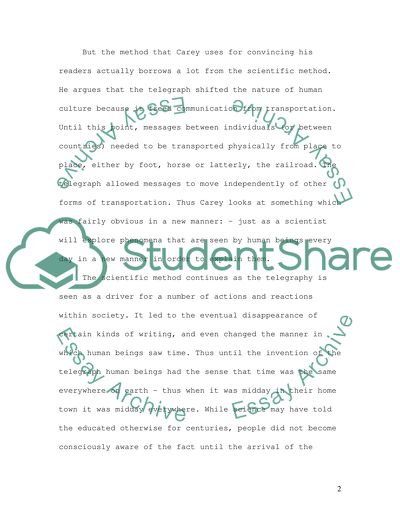Cite this document
(Philosophical Issues on Scientific Advancement Essay Example | Topics and Well Written Essays - 1000 words, n.d.)
Philosophical Issues on Scientific Advancement Essay Example | Topics and Well Written Essays - 1000 words. https://studentshare.org/philosophy/1530349-critical-thinking-exercise
Philosophical Issues on Scientific Advancement Essay Example | Topics and Well Written Essays - 1000 words. https://studentshare.org/philosophy/1530349-critical-thinking-exercise
(Philosophical Issues on Scientific Advancement Essay Example | Topics and Well Written Essays - 1000 Words)
Philosophical Issues on Scientific Advancement Essay Example | Topics and Well Written Essays - 1000 Words. https://studentshare.org/philosophy/1530349-critical-thinking-exercise.
Philosophical Issues on Scientific Advancement Essay Example | Topics and Well Written Essays - 1000 Words. https://studentshare.org/philosophy/1530349-critical-thinking-exercise.
“Philosophical Issues on Scientific Advancement Essay Example | Topics and Well Written Essays - 1000 Words”. https://studentshare.org/philosophy/1530349-critical-thinking-exercise.


